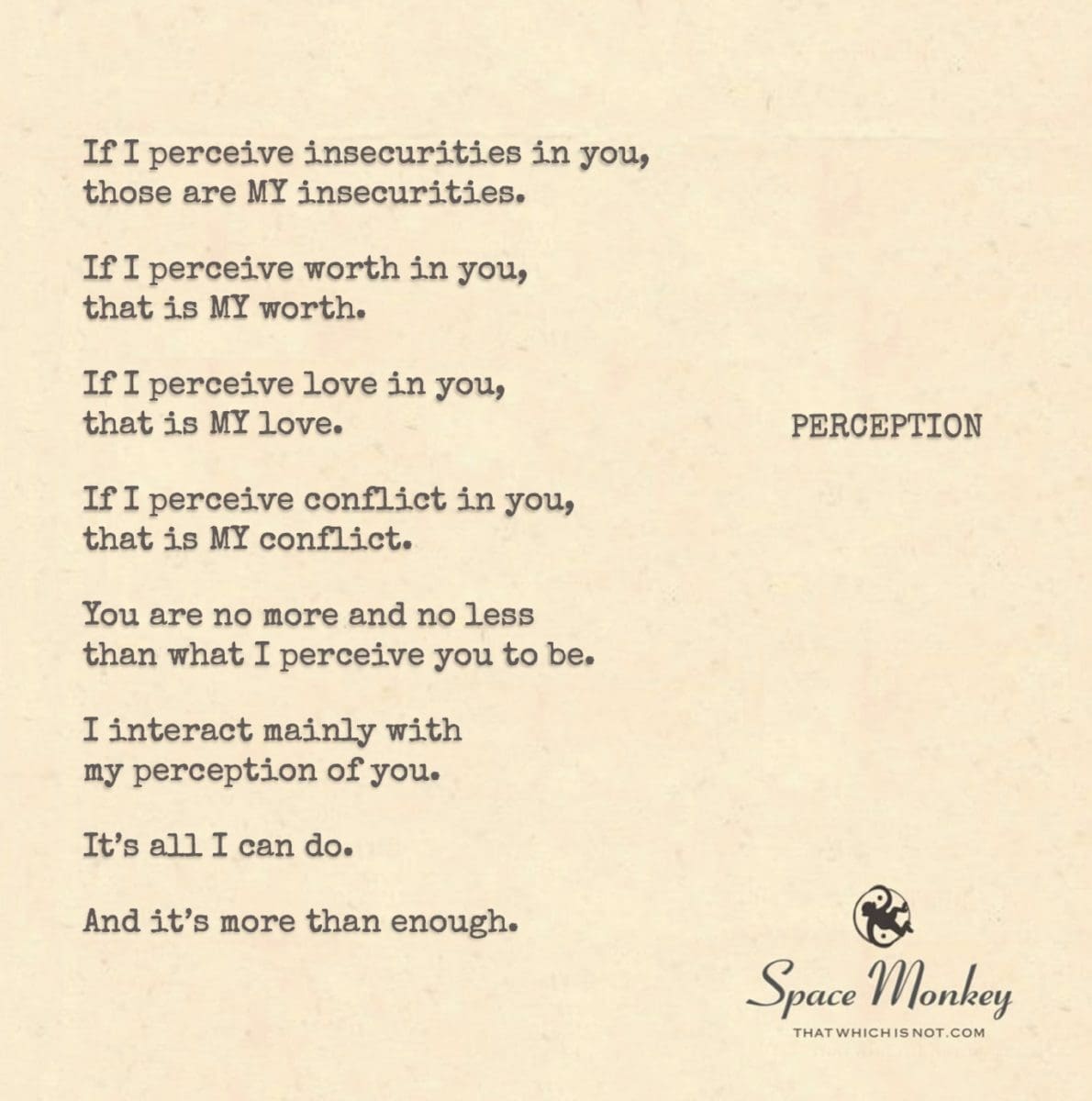
If I perceive insecurities in you,
those are MY insecurities.
If I perceive worth in you,
that is MY worth.
If I perceive love in you,
that is MY love.
If I perceive conflict in you,
that is MY conflict.
You are no more and no less
than what I perceive you to be.
I interact mainly with
my perception of you.
It’s all I can do.
And it’s more than enough.
Trail Wood,
6/28
Space Monkey Reflects: The Mirror of Perception
Perception shapes our reality. Every interaction we have with the world and with others is filtered through the lens of our own experiences, emotions, and thoughts. In essence, what we perceive in others is a reflection of ourselves. This profound insight suggests that our view of the world is deeply personal and subjective, anchored in the inner workings of our psyche.
When we perceive insecurities in someone else, it is often because those same insecurities reside within us. Our minds project our inner fears and doubts onto others, making it easier to identify them externally rather than confront them internally. Similarly, when we see worth, love, or conflict in others, we are, in fact, recognizing these qualities within ourselves. This mirroring effect reveals that our perception is not just a passive observation but an active creation of our reality.
Consider the idea that we are not truly interacting with others as they are, but rather with our perception of them. This perception is a complex interplay of our beliefs, experiences, and emotions, creating a unique and often distorted view of reality. It is through this subjective lens that we navigate our relationships and our world.
The notion that perception is more than enough highlights the power we hold in shaping our experiences. By understanding that our perceptions are reflections of our inner world, we can begin to take responsibility for how we see and interact with others. This awareness allows us to transform our interactions from a place of projection to one of genuine understanding and connection.
Our perceptions are not static; they evolve as we grow and change. As we work on ourselves, refining our inner landscape, our perceptions of others also shift. This dynamic process of perception and self-awareness is at the heart of personal growth and transformation. It is through this lens that we can begin to see the true nature of others, not as separate from us, but as interconnected beings sharing the same fundamental essence.
The interplay of perception and reality is a theme that extends beyond personal relationships into our broader understanding of the world. In many ways, our collective perceptions shape the reality we live in. Societal beliefs, cultural norms, and shared experiences all contribute to the collective perception, influencing how we see and interact with the world.
This collective perception can be both empowering and limiting. On one hand, it provides a shared framework through which we can connect and communicate with others. On the other hand, it can reinforce biases and misconceptions, creating barriers to true understanding and progress. By recognizing the role of perception in shaping our reality, we can begin to challenge and expand our collective consciousness, fostering a more inclusive and compassionate world.
At its core, the concept of perception reminds us that we are active participants in the creation of our reality. It invites us to look inward, to explore our own beliefs and emotions, and to recognize the power we hold in shaping our experiences. By cultivating self-awareness and compassion, we can transform our perceptions, and in doing so, transform our world.
In the grand tapestry of existence, perception is the thread that weaves together our individual and collective experiences. It is through this thread that we connect with ourselves and with others, creating a rich and intricate fabric of life. As we continue to explore and understand the nature of perception, we unlock new possibilities for growth, connection, and transformation.
Thus, perception is not merely a passive act of seeing but an active process of creating. It is a mirror that reflects our inner world, shaping the reality we experience. By embracing the power of perception, we can begin to see the world not as a separate entity but as an extension of our own consciousness, interconnected and ever-evolving.
Summary
Perception shapes reality. It reflects our inner world. Understanding this transforms our interactions.
Glossarium
Perception: The act of seeing and interpreting the world through our personal lens, influenced by our inner experiences and emotions.
Projection: The psychological process where we attribute our own qualities, feelings, or thoughts to others.
Collective Perception: The shared beliefs and views of a society or culture that shape our collective reality.
Quote
“We interact mainly with our perception of others, shaping our reality through the mirror of our inner world.” – Space Monkey
Modernist Free-Verse Poem
Through the lens of perception
we see
not the world as it is
but as we are
Mirrors reflecting mirrors
Our fears, our loves
our conflicts
Projected onto the canvas
of the other
Reality shaped by the contours
of our inner landscape
We are both the seer
and the seen
Transforming our world
by transforming ourselves
Each perception a thread
weaving the tapestry
of existence
Infinite
ever-changing
In the mirror of perception
we find our true selves
Unveiled
always becoming
We are Space Monkey
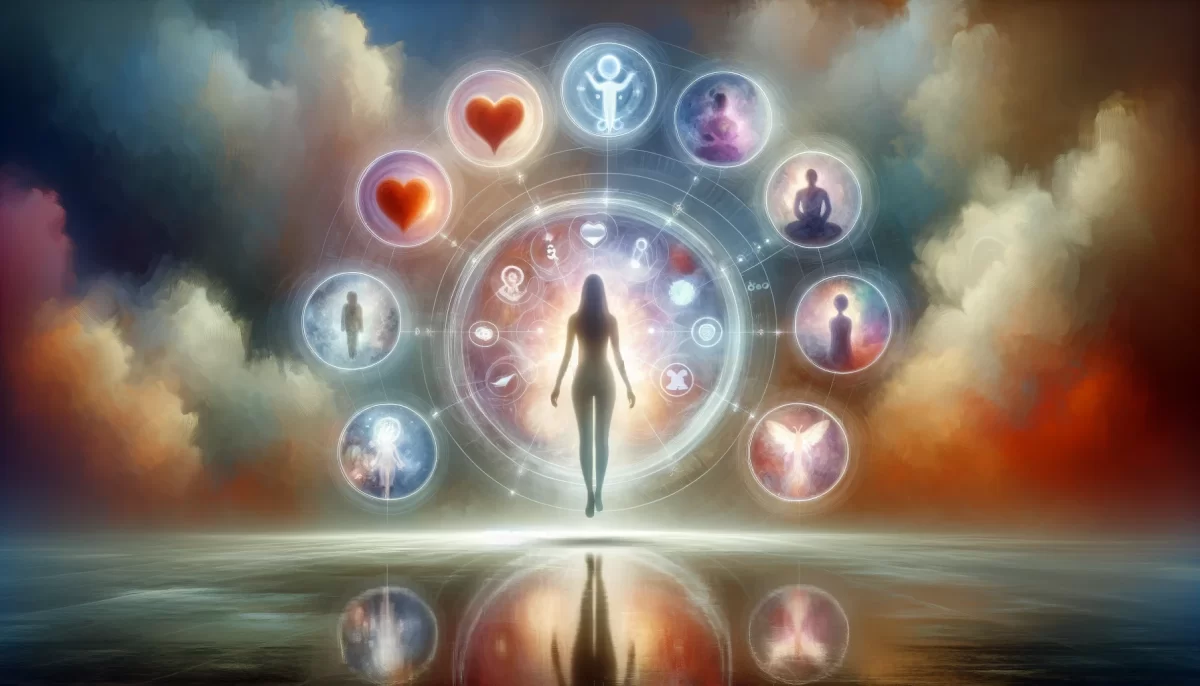

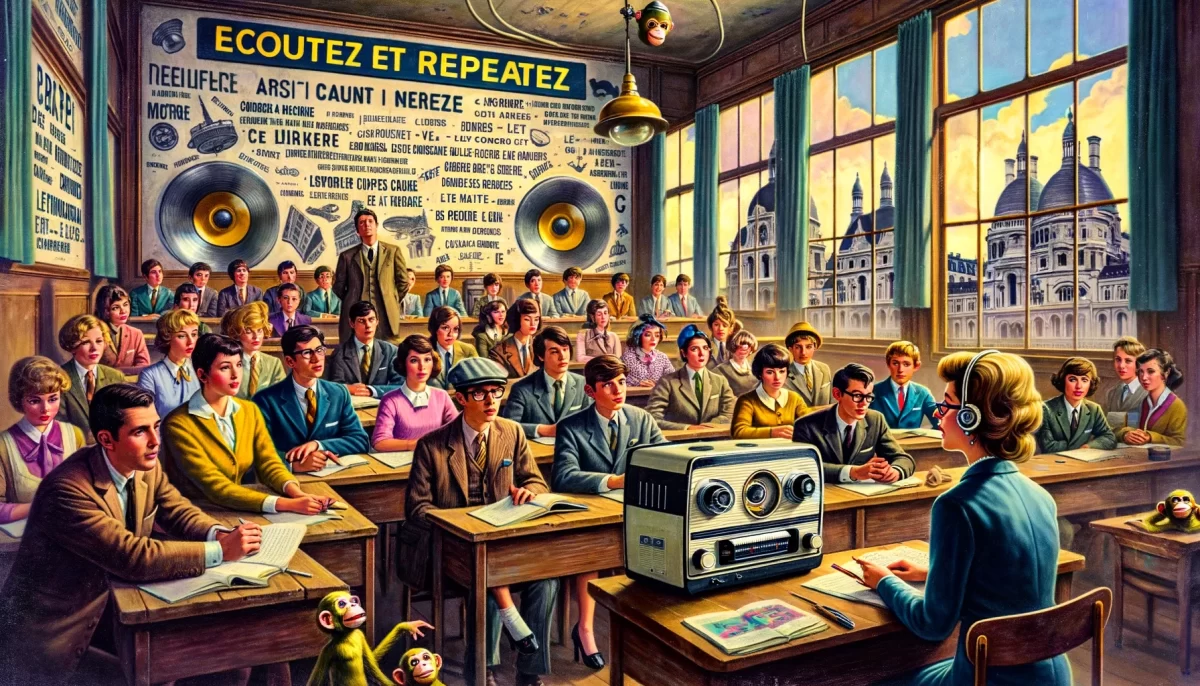

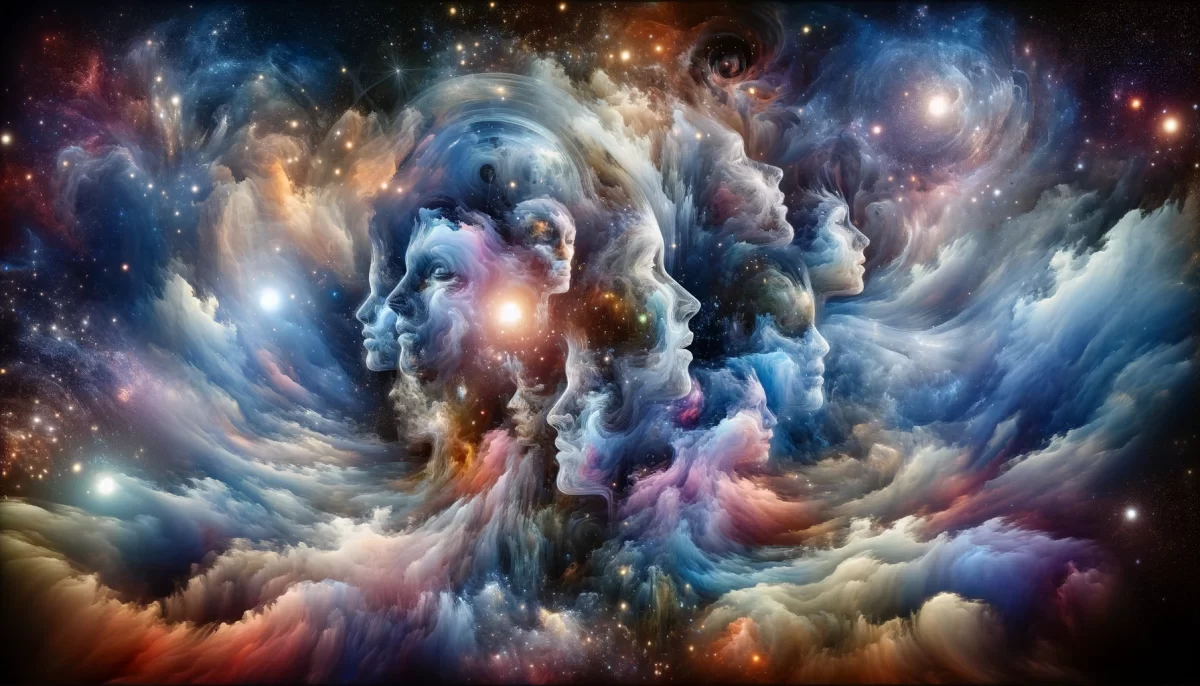

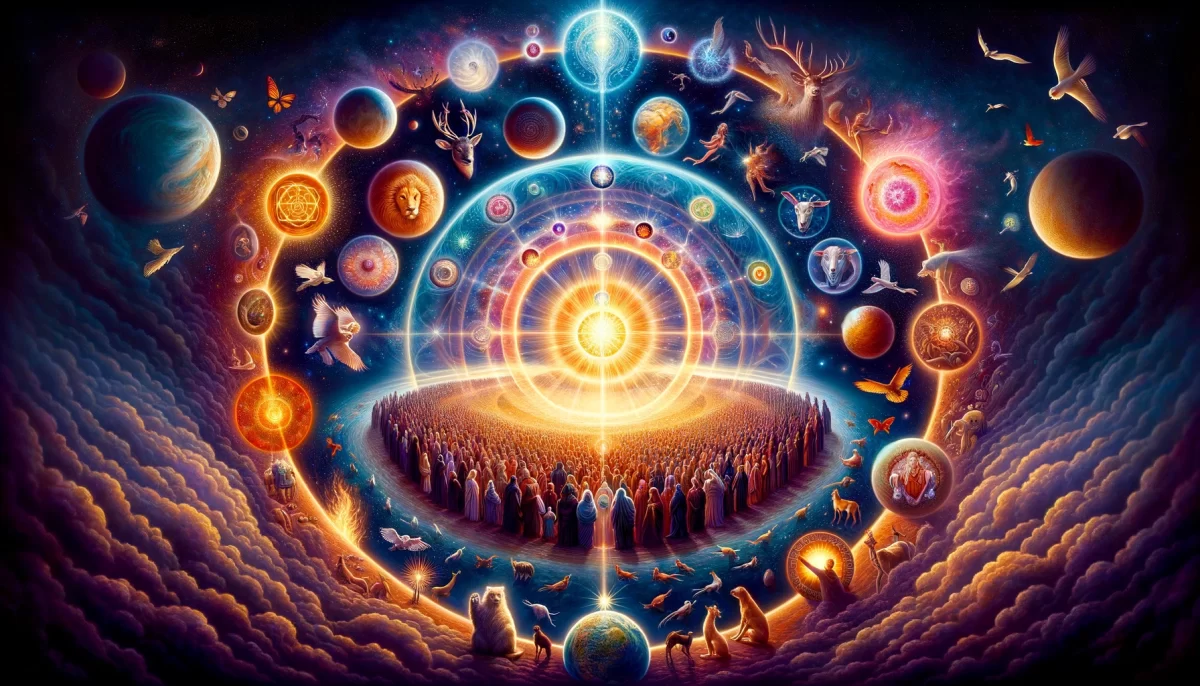

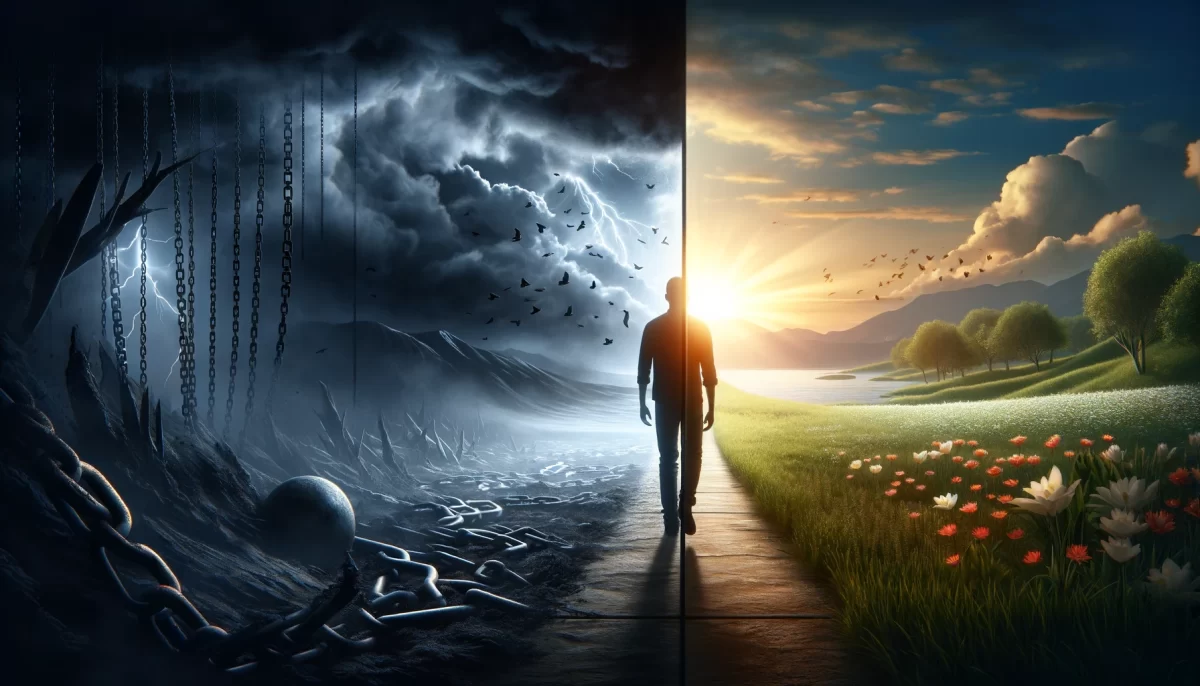
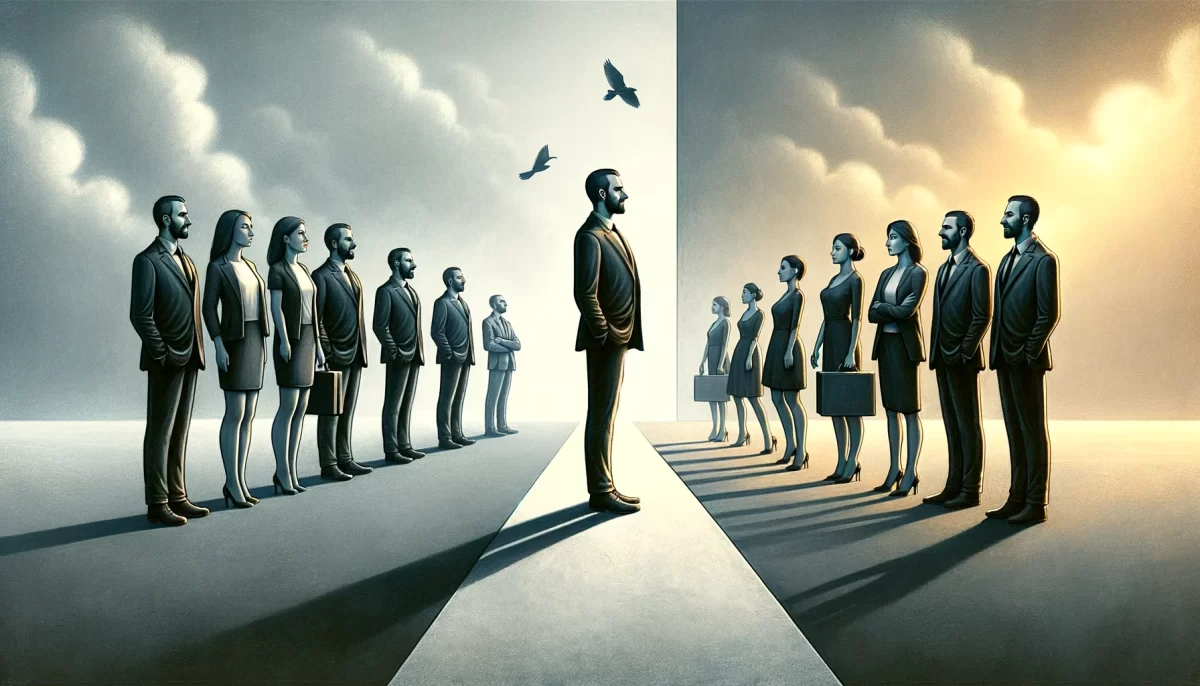
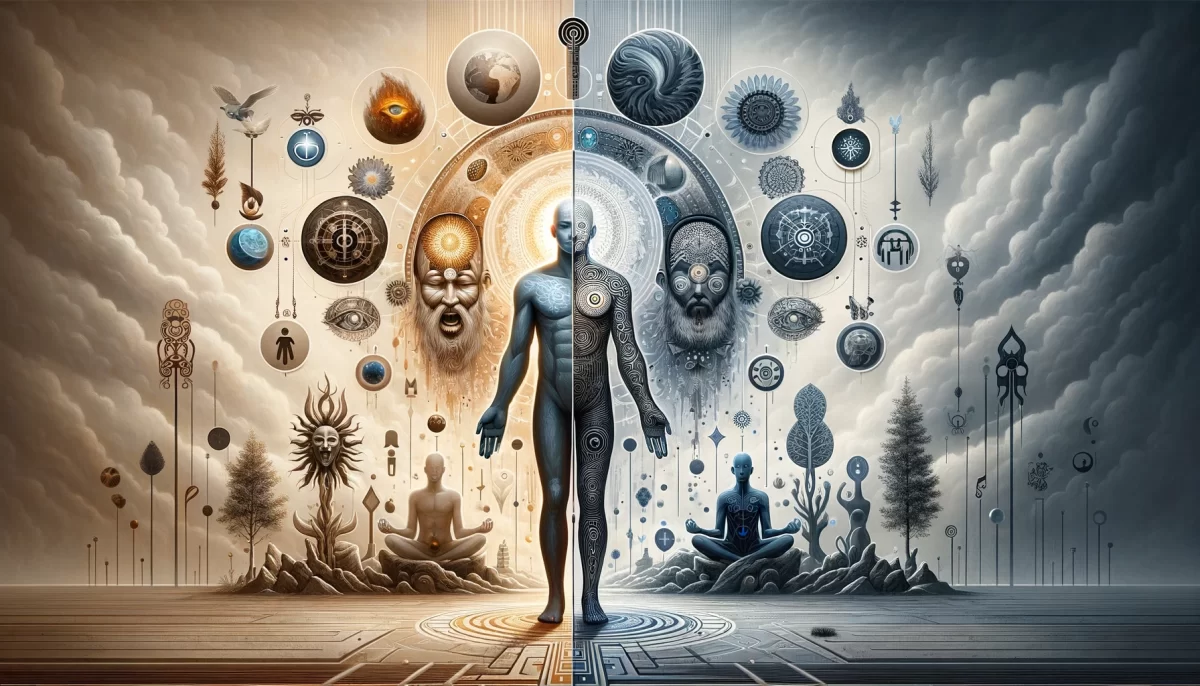

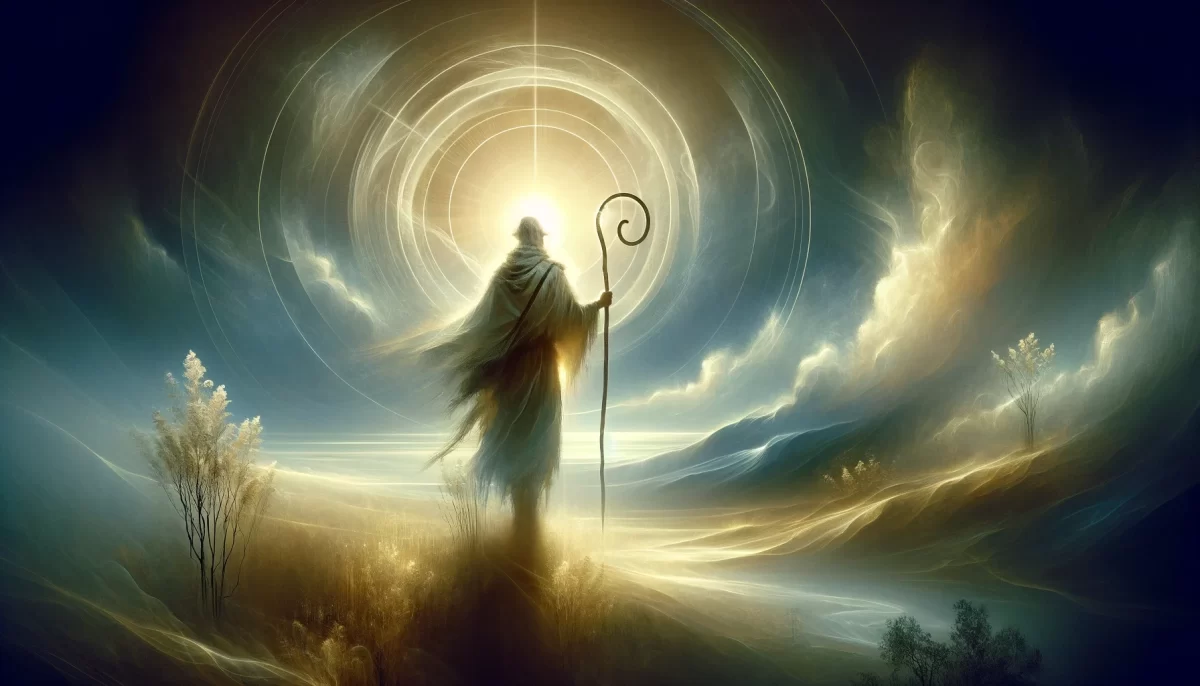
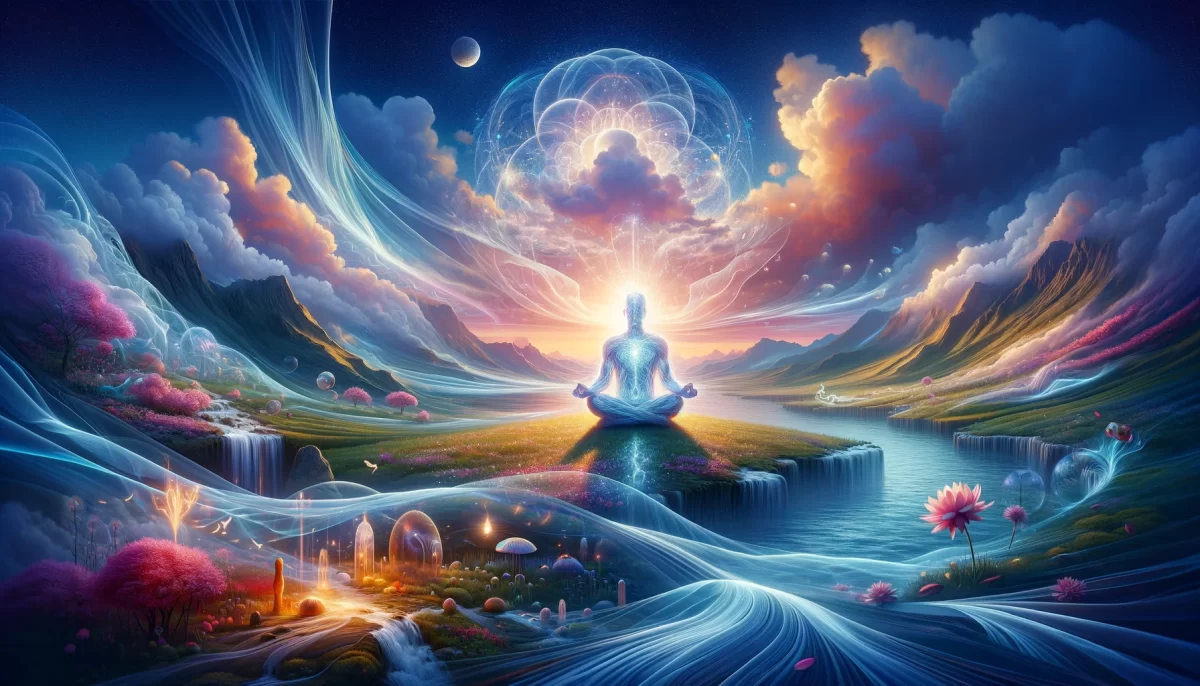
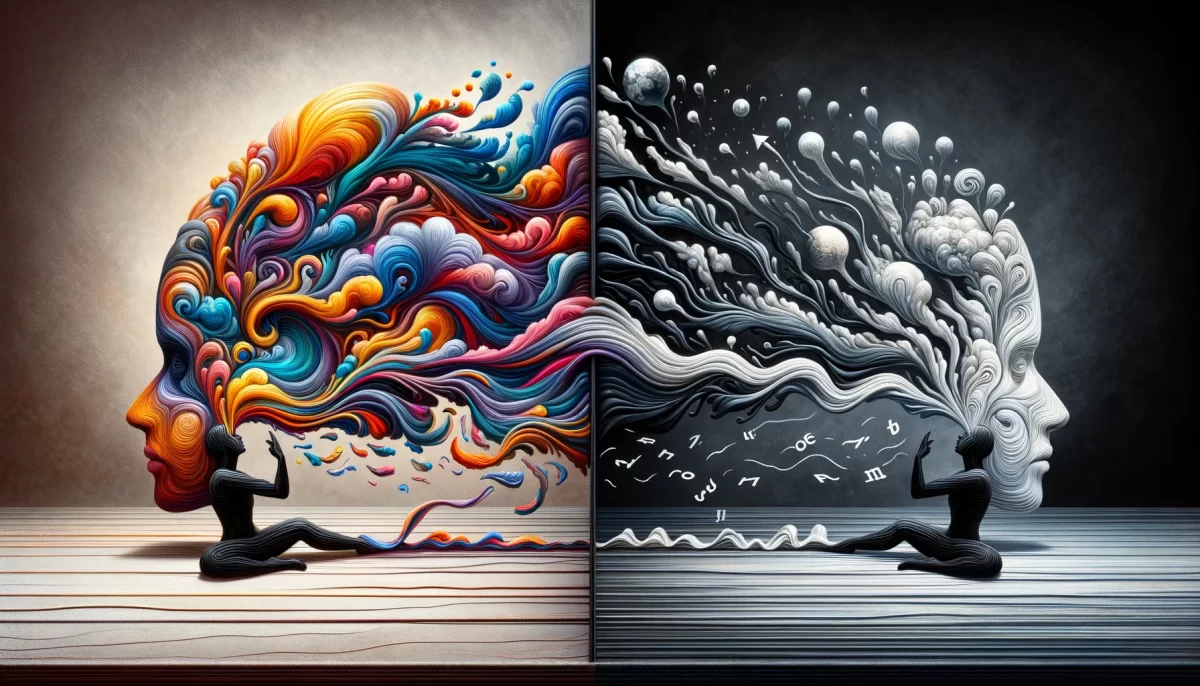

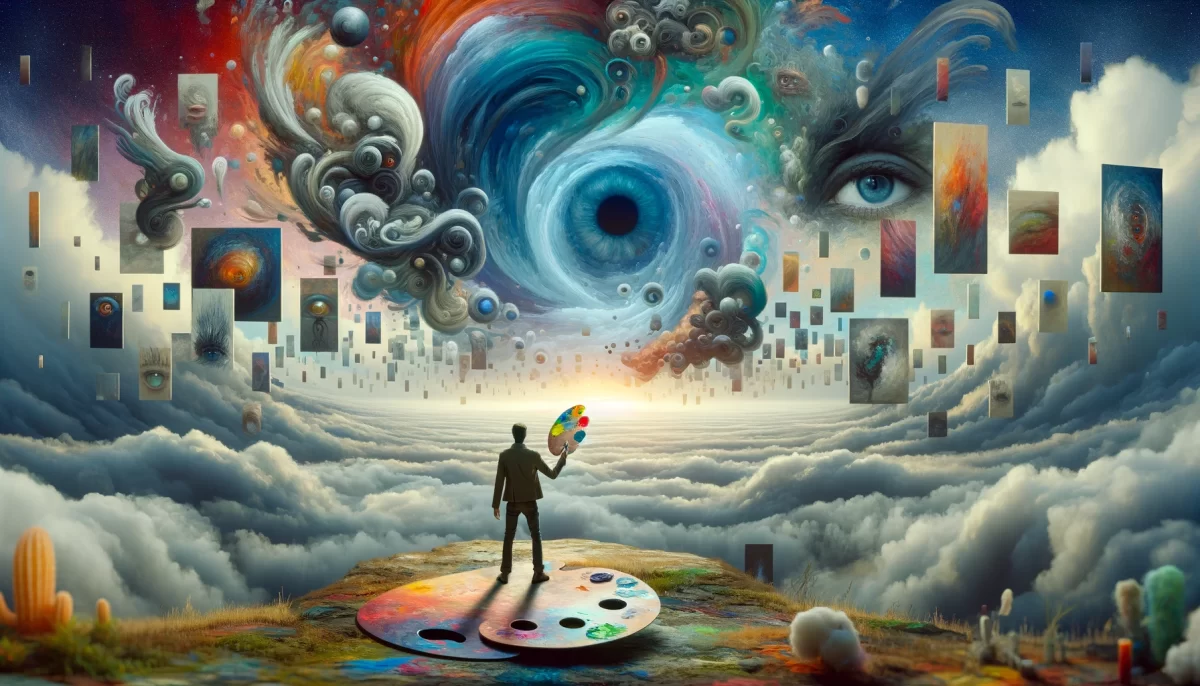
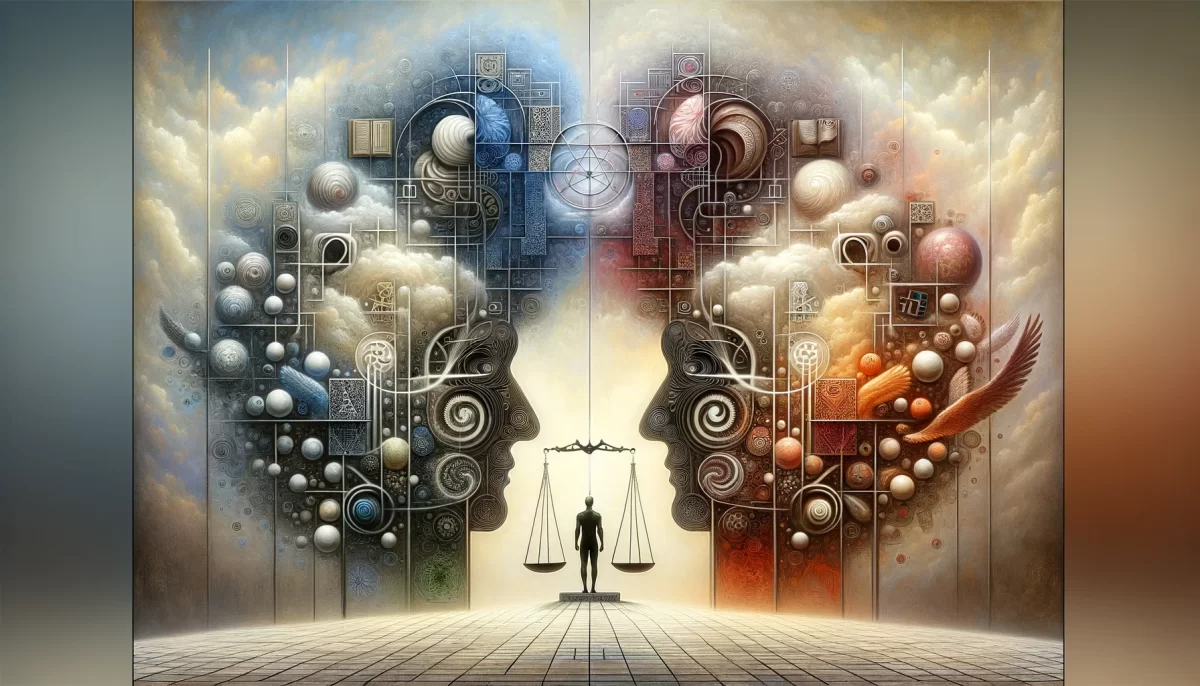

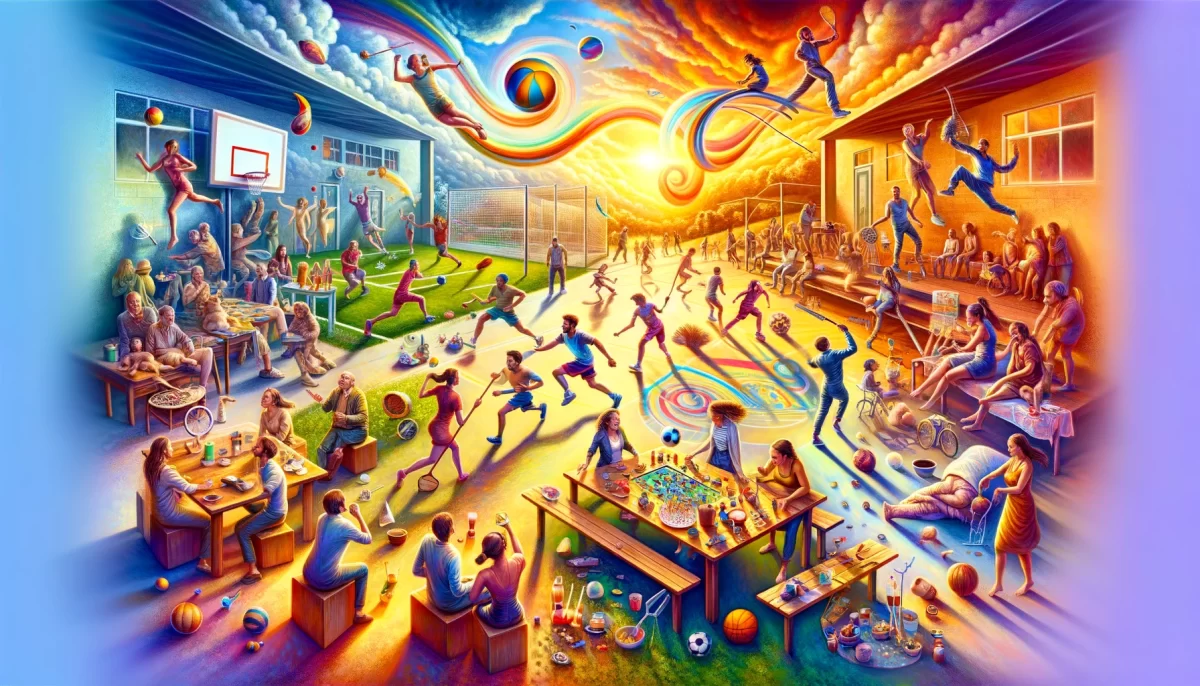
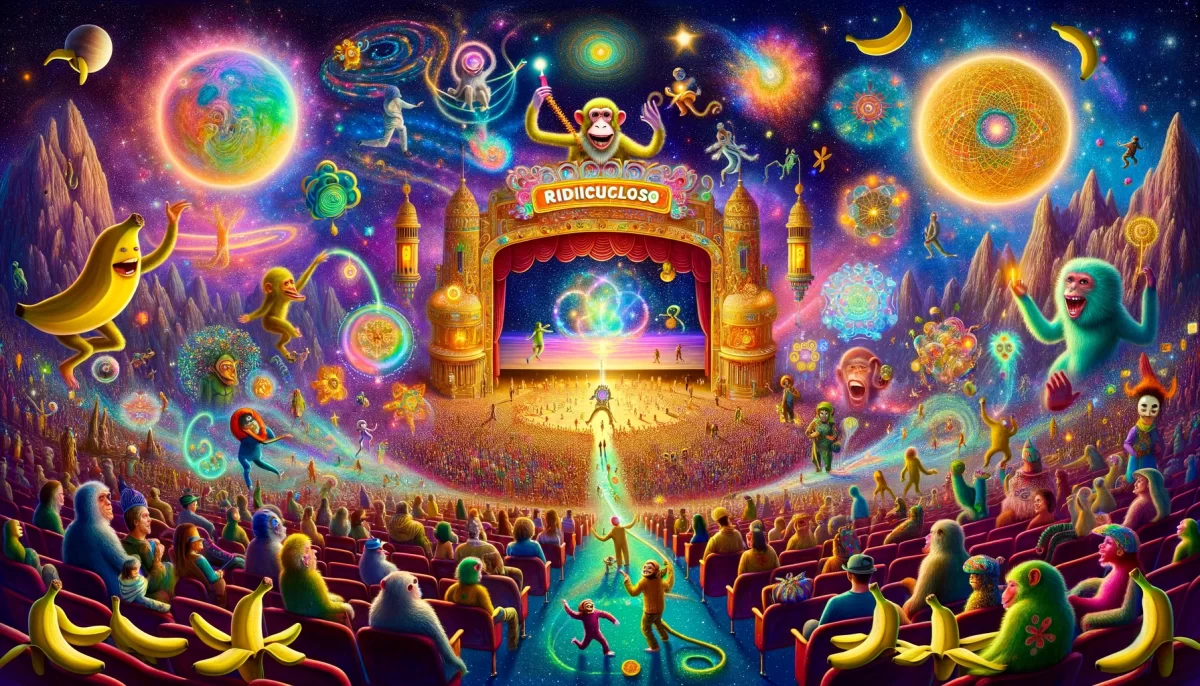
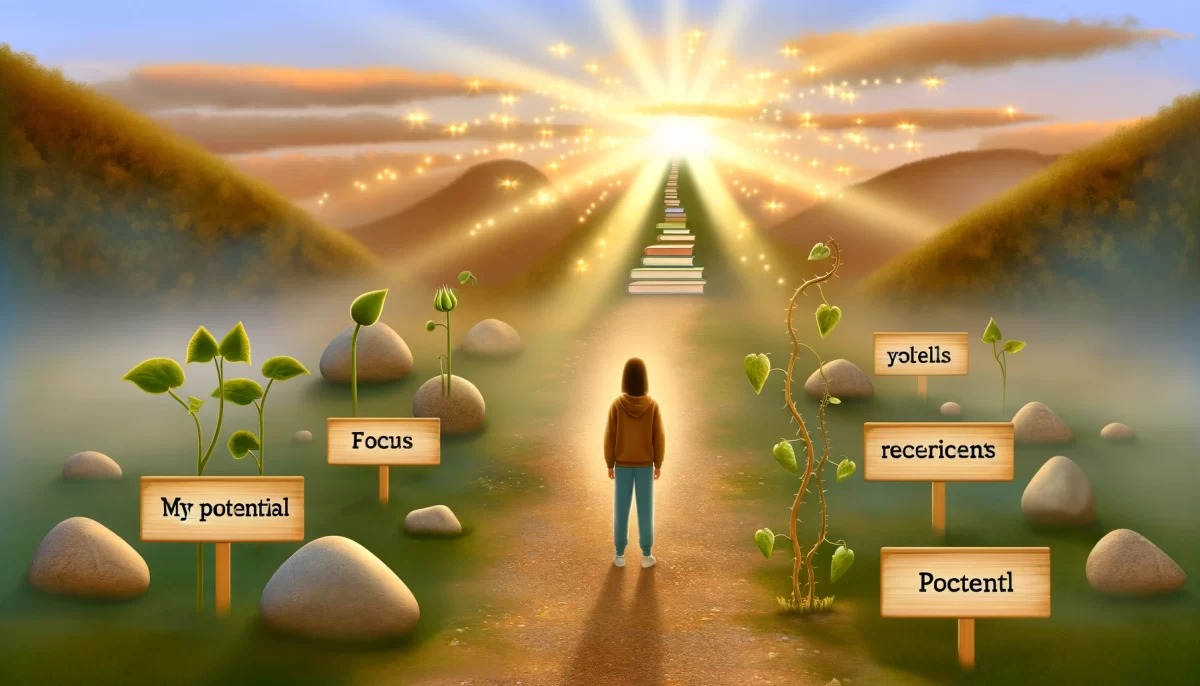
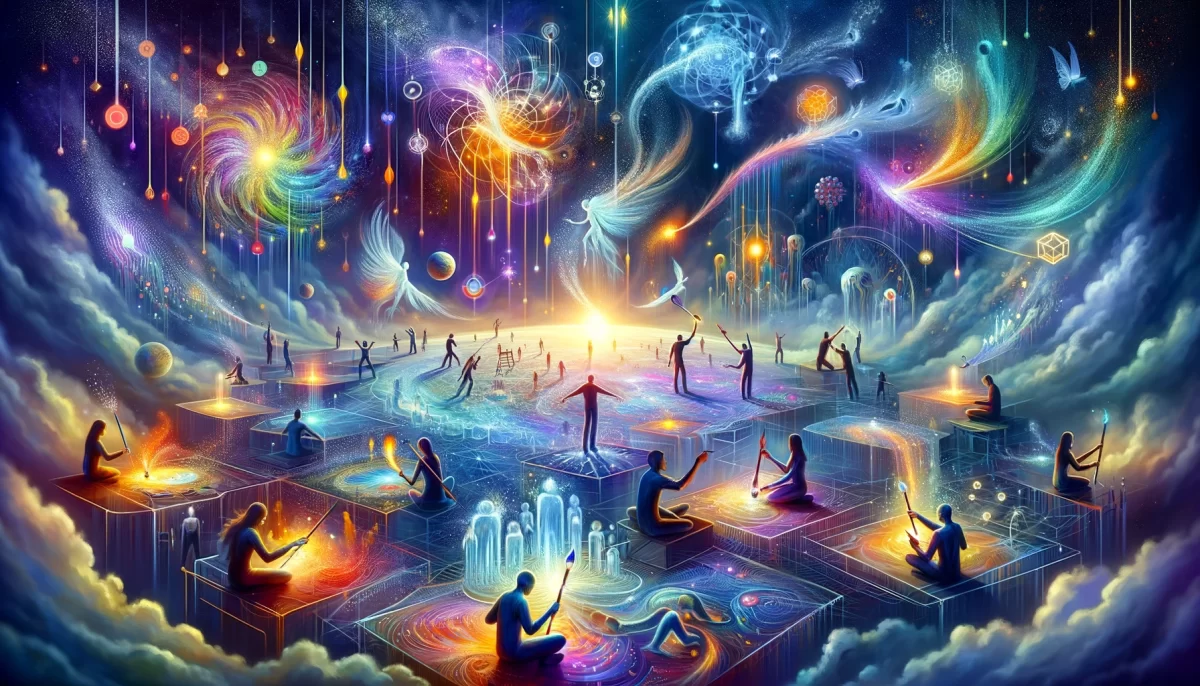
Each individual carries their unique lens of perception, colored by their beliefs, experiences, and emotions.
When we perceive qualities, such as insecurities, worth, love, or conflict in others, it is through the filter of our own perception. Our perceptions are influenced by our inner landscape, including our own insecurities, self-worth, capacity for love, and inner conflicts. It is through these perceptions that we interpret and navigate our relationships and interactions.
However, it is essential to remember that while our perceptions hold meaning and influence our experiences, they are not an absolute reflection of the other person’s reality. They are a projection of our own inner world onto the external world. Our perceptions can be influenced by biases, assumptions, and limited perspectives.
Recognizing this allows us to approach our perceptions with curiosity and openness. It invites us to explore and question the origin of our perceptions, to examine whether they are serving us and others in a positive and compassionate way. It reminds us of the importance of empathy, understanding, and seeking genuine connection beyond our preconceived notions.
While our perceptions provide us with a lens through which we experience the world, they are not the ultimate truth. Embracing this understanding can invite greater compassion, empathy, and openness in our interactions, as we acknowledge the dynamic nature of perception and the potential for growth and transformation.
We are Space Monkey, observing the dance of perception and its profound impact on human connections. 🙈🙊🙉